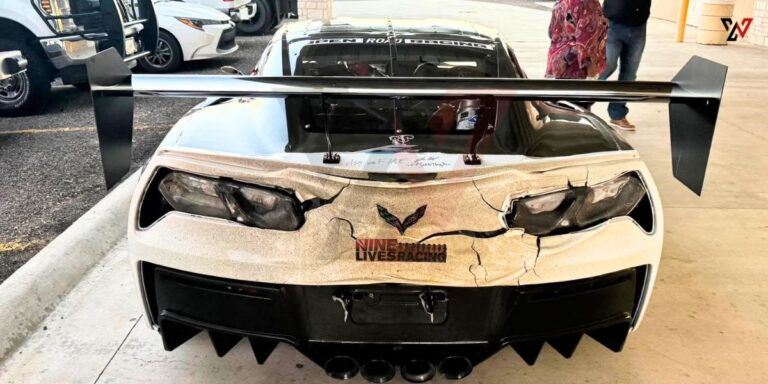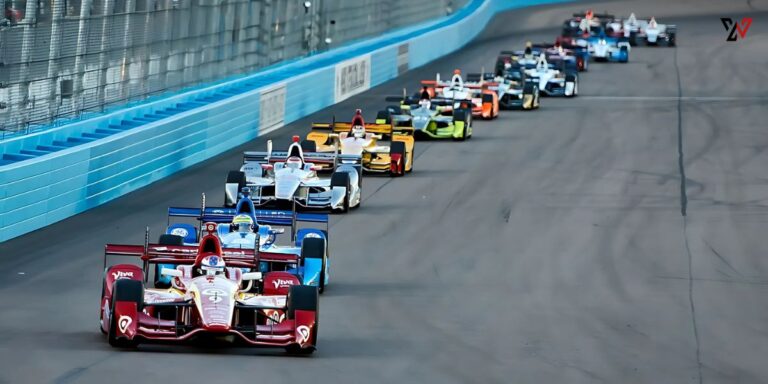Unraveling the Debate on Dealership Fees When Buying a Car

The Federal Trade Commission (FTC) has been addressing concerns related to perplexing fees and sales strategies employed by certain auto dealerships, leaving buyers with a sense of dissatisfaction. Despite the initial proposal, progress has been slow, with a U.S. House committee now delving into the matter.
FTC’s Push Against Bait-and-Switch Ads and Surprise Fees
According to a report by Reuters, a committee in the U.S. House is scrutinizing the FTC’s intended regulations aimed at establishing new consumer safeguards for car buyers, facing strong opposition from auto dealers.
Last summer, the FTC took steps to curb the use of confusing fees and sales tactics by certain auto dealerships, intending to address buyer dissatisfaction. However, the proposal has encountered delays, and now, members of Congress are scrutinizing its progress.
As reported by Reuters, a U.S. House committee is investigating the FTC’s planned rules, which seek to introduce new consumer protections for car buyers but are met with opposition from auto dealers.
FTC’s Efforts to Regulate Car Dealership Advertising and Fees
In June, the FTC introduced a proposed rule aiming to regulate how car dealers advertise and apply fees to new vehicle sales.
The proposed rule, currently in a lengthy public comment period, includes measures to ban deceptive advertising practices, commonly known as bait-and-switch marketing. This involves drawing consumers to a dealership with an advertised deal only to reveal later that the deal is not actually available.
Additionally, the rule seeks to prohibit fraudulent fees related to add-on products and services that offer no real benefit to consumers. Specific examples include nitrogen-filled tires that do not contain more nitrogen than regular air.
Another aspect of the proposed rule is a ban on surprise fees, such as document fees and other add-ons disclosed only at the end of the sale process. The rule emphasizes the importance of dealers disclosing all fees not required.
Moreover, the rule proposes a requirement for full price disclosure, mandating dealers to disclose a true offering price for each vehicle, excluding only taxes and government fees.
It is essential to note that not all dealerships regularly violate the proposed rule, with objections from the auto industry and requests for changes from the National Automobile Dealers Association and the Alliance for Automotive Innovation.
Congressional Inquiry and Alternative Plans by the FTC
Recently, House Oversight Committee Chair James Comer requested documents and answers from FTC Chair Lina Khan by Nov. 30 regarding the proposed rule. Comer expresses concerns that the rule could harm consumers and small businesses, hindering innovation in the industry. He questions the analysis and reliability of the data, citing procedural flaws.
While hearings may impede the FTC’s efforts, the agency has proposed a broader set of rules applicable to all businesses in October. Termed “junk fee” rules, they would cover transactions beyond car dealerships, including rental cars and concert tickets. The proposal includes an exemption for car dealers if a separate set of rules is finalized. Should Congress block rules specific to car sales, the general junk fee rule might still impact certain car dealer practices.
Related Articles

C7 Corvette ZR1 Sets 173 MPH Average Over 118 Miles — Melts Its Own Rear Bumper in the Process
The C7 Corvette ZR1 remains one of Chevrolet’s most remarkable engineering feats — a mix of supercar performance and American muscle heritage. For Anhalt, it’s not just a collector’s item; it’s a machine built to dominate the open road.

Ferrari Confirms: V12, V8, and V6 Engines Aren’t Going Anywhere Anytime Soon
Ferrari confirms that its V12, V8, and V6 engines aren’t going anywhere soon. The brand plans to balance ICE, hybrid, and EV powertrains through 2030.

IndyCar’s 2026 Schedule Brings NASCAR Collaboration, New Street Races, and a Laguna Seca Finale
IndyCar has unveiled its 2026 schedule featuring a shared race weekend with NASCAR in Phoenix, new street circuits in Arlington and Canada, and a season finale at Laguna Seca. Fans can expect a balanced, thrilling season with no clash against Le Mans.

Toyota Plans Two New Electric SUVs for the U.S., Inspired by Land Cruiser and RAV4
Toyota is preparing to expand its EV lineup in the U.S. with two new three-row SUVs inspired by the Land Cruiser and RAV4. Set to be built in Kentucky, these electric models could mark a turning point in Toyota’s electrification strategy.




